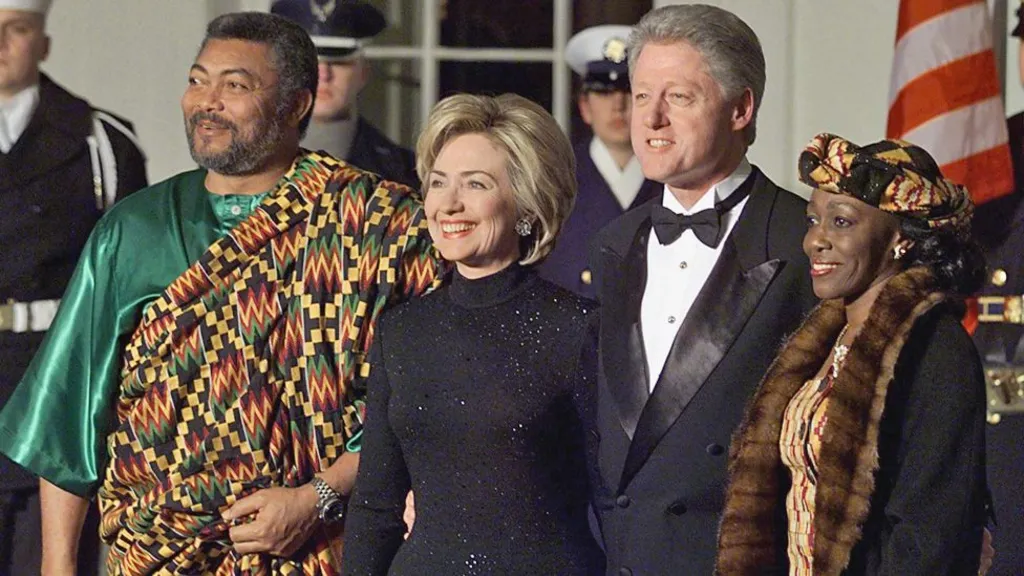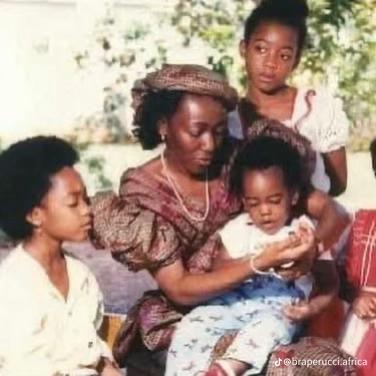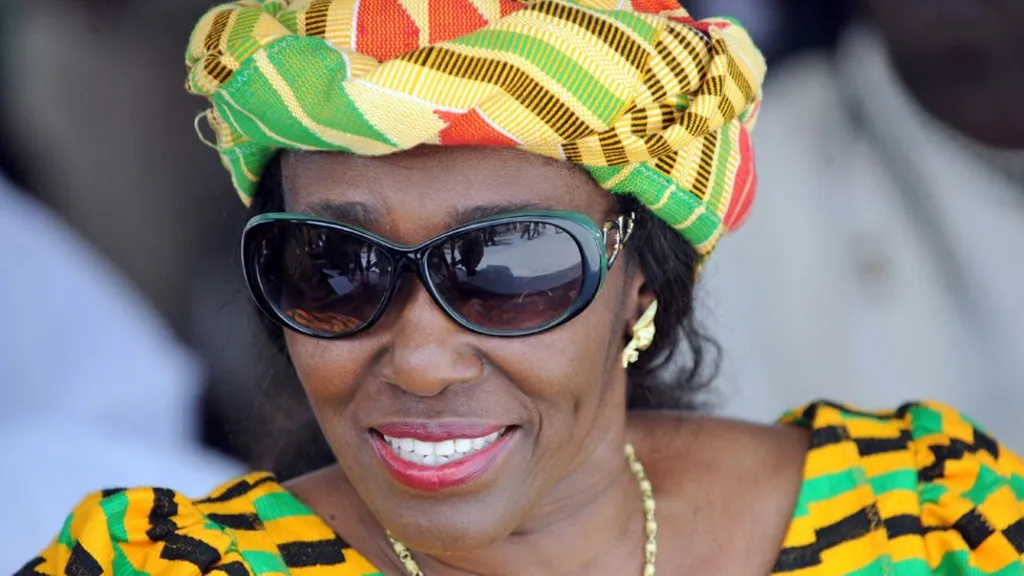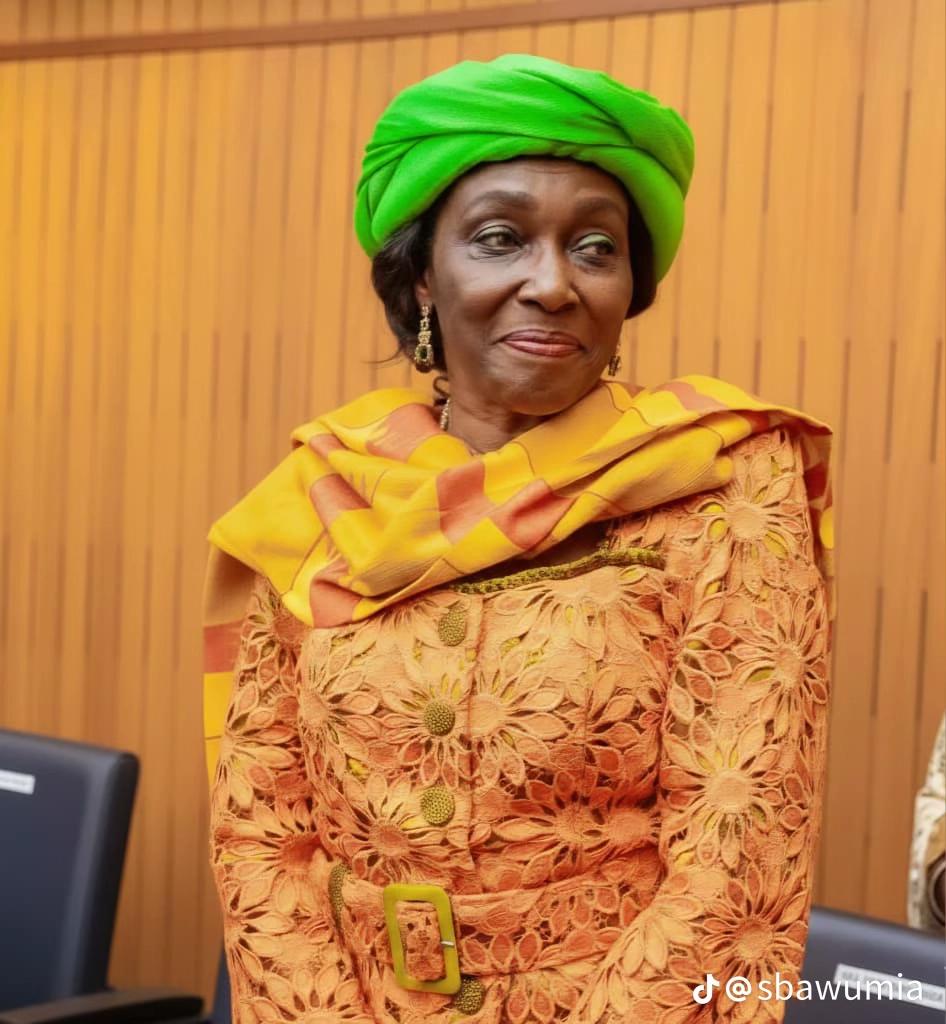“My desire is to see the emancipation of women at every level of development to enable them to contribute and benefit from the socio-economic and political progress of the country. Women’s vital role of promoting peace in the family, the country and the world at large must be acknowledged. And to do this, they must be empowered politically to equip them adequately for the challenges of critically identifying and assessing solutions for the betterment of society.”
— Nana Konadu Agyeman-Rawlings
Those words, spoken by Nana Konadu Agyeman-Rawlings, defined her lifelong mission. On Thursday, October 23, 2025, Ghana lost this iconic woman when she passed away in Accra at the age of 76. Her death marked the end of a remarkable life dedicated to women’s empowerment, social justice, and leadership.
Tributes poured in from leaders, activists, and citizens across the nation. Social media overflowed with messages of gratitude, reflecting how her vision for equality reshaped Ghana’s modern story. Long before feminism became a national conversation, Nana Konadu lived it — boldly and purposefully
Redefining the Role of a First Lady
When she became Ghana’s First Lady in the early 1980s, Nana Konadu refused to play a symbolic role. She saw her position as an opportunity to make meaningful change. That conviction gave birth to the 31st December Women’s Movement (DWM), an organization that empowered thousands of women through education, vocational training, and microcredit initiatives.
At a time when women had limited access to resources, the DWM became a lifeline. Women gained literacy skills, started small businesses, and found their voices in their communities. Through her leadership, the Office of the First Lady evolved into a platform for development rather than ceremony.

Championing Gender Equality in a Patriarchal Era
Nana Konadu’s feminism was rooted in Ghanaian realities. She spoke for market women, farmers, and mothers — women whose daily struggles formed the backbone of society. Her message was simple yet revolutionary: women deserve equal opportunities to lead, learn, and earn.
Her advocacy for women’s participation in politics and decision-making helped shape Ghana’s national agenda on gender equality. Many of today’s women leaders cite her as their earliest inspiration, proof that one woman’s courage can open doors for many others.
Courage, Criticism, and Conviction
Her public life was marked by both admiration and resistance. When she broke away from the National Democratic Congress (NDC) to form the National Democratic Party (NDP) and later contested the presidency, she faced harsh criticism. Yet she never retreated.
To Nana Konadu, leadership was not a privilege for men but a responsibility for anyone ready to serve. Her determination redefined political ambition for Ghanaian women, showing that authority and empathy could coexist. Whether praised or challenged, she stayed true to her vision of justice and equality.

The National Response to Her Passing
News of her death on October 23 sent a wave of sorrow across Ghana. President Nana Addo Dankwa Akufo-Addo described her as “a remarkable woman whose contributions shaped Ghana’s development,” while former President John Mahama called her “a courageous advocate for women.”
Civil society groups and international bodies, including UN Women Ghana, paid tribute to her decades-long service. On social media, hashtags like #NanaKonaduLegacy and #Trailblazer trended for days. Television and radio programs revisited her speeches, reminding the nation of how her activism transformed women’s roles in public life.
A Lasting Feminist Legacy
The legacy of Nana Konadu Agyeman-Rawlings continues to inspire women across Africa. The 31st December Women’s Movement remains a model for grassroots empowerment. Her programs and policies helped integrate women’s economic independence into Ghana’s development priorities.
She showed that feminism could thrive within African values — built on community, cooperation, and compassion. Her life’s work continues through every Ghanaian woman who chooses leadership and every girl who dares to dream without fear.


